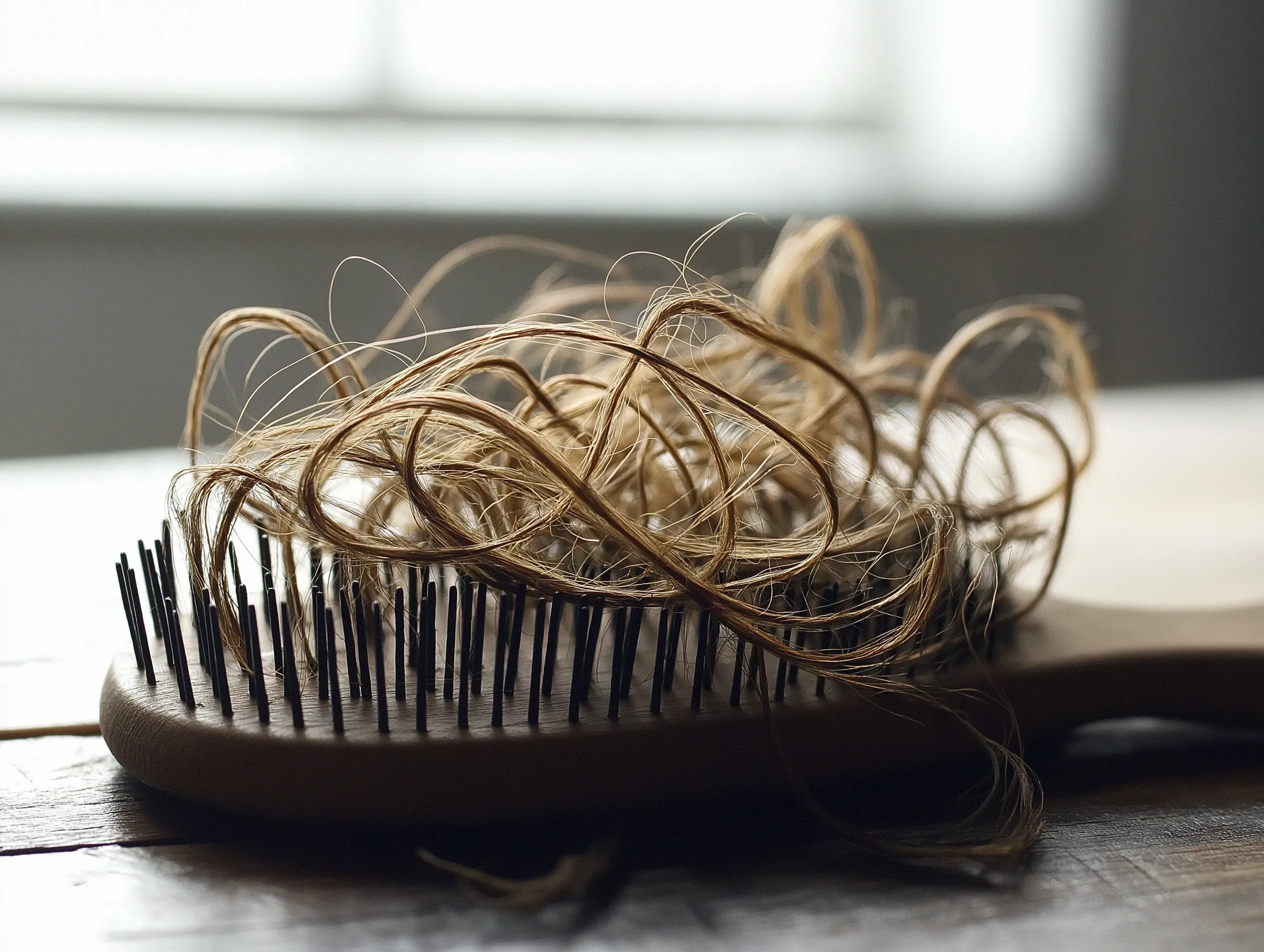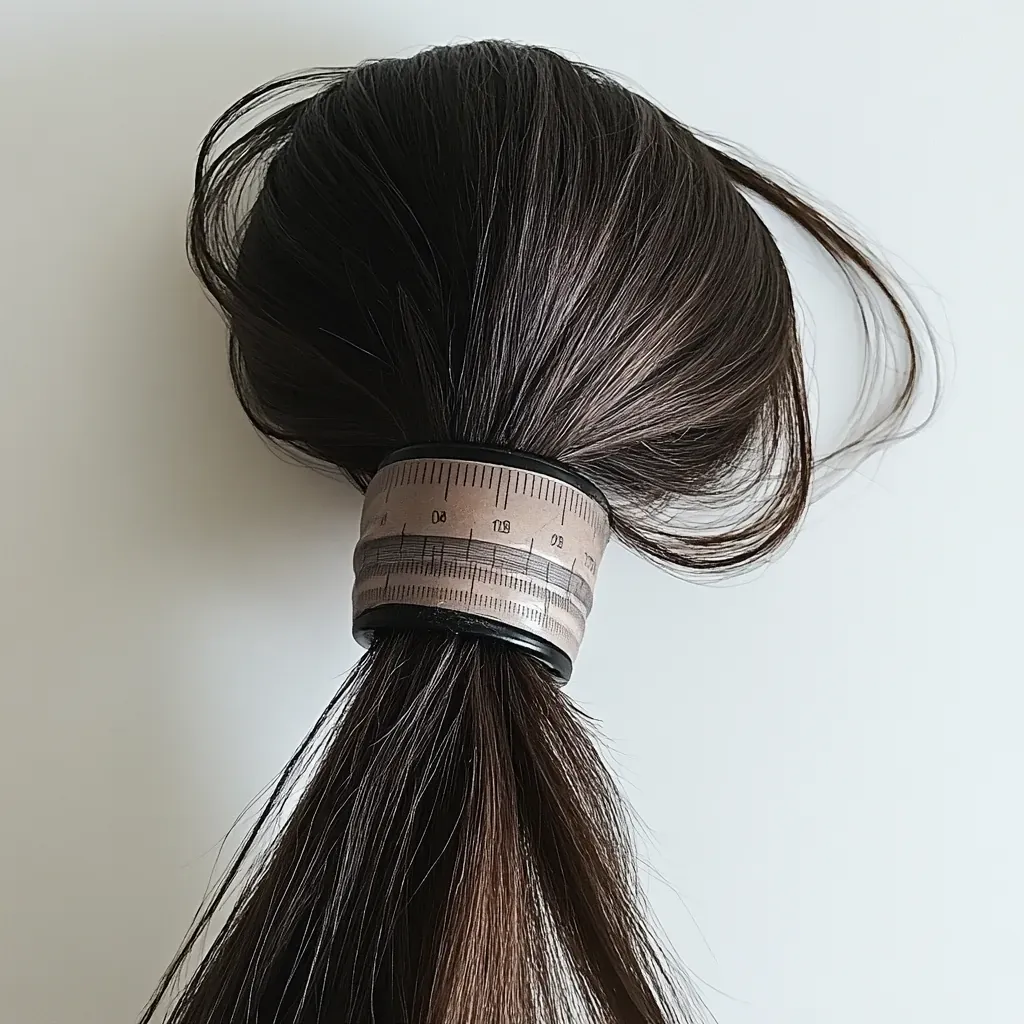
Dreams are often seen as windows into our subconscious, reflecting our thoughts, emotions, and even fears. One particularly evocative dream theme is that of falling hair, a common imagery that many people experience. In this blog, we will delve into the meaning of dreams that involve hair loss, drawing on psychological insights from renowned theorists like Jung and Freud. We’ll explore how these dreams relate to cultural beliefs about identity and power, and how they may reveal deeper insecurities and anxieties within ourselves. According to Carl Jung, dreams are not just random images; they are manifestations of our collective unconscious, reflecting universal themes and archetypes present in all cultures. He posited that certain symbols, such as hair, carry intrinsic meanings shared by humanity. Conversely, Sigmund Freud viewed dreams as projections of our deepest desires and fears, suggesting that the imagery in our dreams often relates to unresolved conflicts or suppressed feelings.
When we dream about falling hair, the imagery can represent various aspects of our lives: loss, insecurity, or fear of change. From a psychological perspective, hair loss in dreams may symbolize a loss of power or control in our waking lives, evoking feelings of vulnerability.
Within Western culture, hair has long been associated with strength, beauty, and identity. For example, the biblical story of Samson illustrates how the loss of hair equated to the loss of power. This narrative resonates deeply, as it reflects a universal fear: losing something integral to our identity can render us powerless.
Furthermore, in the age of social media, where appearances are often curated for public consumption, the anxiety surrounding personal identity has intensified. Many individuals grapple with a sense of inadequacy tied to societal beauty standards that emphasize hair as a symbol of attractiveness. This cultural backdrop makes the dream of hair loss particularly poignant, highlighting underlying fears of not measuring up or being judged.
Decoding the Symbolism of Dream Scenes
Environmental Metaphors
Exploring the setting of hair loss in dreams can provide valuable insights. In dreams set in familiar places, such as home or work, falling hair may symbolize the pressures we feel in these environments. For instance, losing hair while at home might point to familial responsibilities weighing heavily on our psyche, while experiencing hair loss in a professional setting could reflect competitive stress among colleagues.
Public Spaces and Social Anxiety
Experiencing hair loss in public spaces unveils a deeper layer of social anxiety. This imagery can represent fears of social evaluation, such as being judged on our appearance or capabilities. Many people have a pervasive fear of embarrassment, and dreams of hair falling out in public can exacerbate these anxieties, mirroring feelings of shame or inadequacy.
Hair Condition and Emotional Correlation
The state of hair in dreams can also be telling. Clumps falling away may signify a premonition of significant loss, such as the dissolution of a relationship or the abandonment of an opportunity. Alternatively, gradual thinning may symbolize chronic anxiety, reflecting a slow erosion of self-worth and confidence.
Cultural Archetypes and Psychological Projection
Mythological and Religious Imagery
The loss of hair in dreams taps into rich cultural archetypes and metaphors. From the tale of Samson, where hair loss leads to a loss of strength, to medieval beliefs that equate haircutting with penance, these stories resonate with fears of losing control and self-identity. Such narratives highlight how deeply ingrained cultural symbols shape our emotional responses.
Modern Cultural Icons
In contemporary society, hair has become increasingly linked to sexuality and attraction, particularly within Hollywood's golden-haired myth. This ties into the way our society often objectifies beauty, particularly in relation to hair. The pressure to maintain a certain image can create deep-seated anxiety, especially when the reality of hair loss confronts the glossy, filtered representations found on social media.
Core Psychological Conflicts: Identity Crisis and Loss of Control
Identity Crisis
Dreams about falling hair may indicate an identity crisis. Hair serves as a societal mask, and its loss can foreshadow an innate resistance to present roles, such as those tied to work or family. For instance, postpartum hair loss dreams can reflect a new mother's struggle to adapt to her identity, navigating her relationship with motherhood and societal expectations.
Anxiety of Losing Control

In dreams where the individual cannot stop their hair from falling out, a sense of helplessness emerges. This might be linked to feelings of economic instability, relationship turmoil, or other areas of life where one feels out of control. The inability to prevent such loss illustrates a deeper anxiety about powerlessness, compounded by external pressures and expectations.
Compulsive Hair Management
Dreams involving compulsively gathering fallen hair can indicate an overwhelming desire to compensate for perceived inadequacies. This behavior reflects a common human tendency to overcompensate in the face of loss, showcasing our innate drive to regain control and restore a sense of agency.
Tailored Psychological Coping Strategies
Self-Awareness Practices
One effective method for addressing the emotional ramifications of hair loss dreams is maintaining a dream journal. By documenting the details surrounding hair loss scenarios, individuals can connect them to recent emotional experiences, such as workplace stress or personal relationships, leading to greater self-awareness.
Symbol Transformation Meditation

Consider engaging in symbolic transformation meditation, wherein you visualize the shedding of hair as a metaphorical shedding of old selves—creating space for renewal and new possibilities. This practice encourages a positive reframing of the experience, focusing on growth rather than loss.
Cognitive Restructuring Tools
Cognitive restructuring can help mitigate catastrophic thinking regarding hair loss. Engage in exercises that challenge negative fantasies, such as completing the sentence, "Even if I lose my hair, I still have ______." This practice fosters resilience by recognizing the intrinsic value beyond physical appearance.
Body Image Reconstruction
Artistic expression can be a powerful tool to reconstruct one’s relationship with hair. Engaging in activities like painting or sculpting can help individuals redefine their body image and explore the emotional nuances tied to hair.
Cultural Narrative Reconstruction
Reimagining narratives, such as the story of Samson, can facilitate a deeper understanding of how strength originates from within, rather than from external attributes like hair. This modern retelling can promote self-acceptance and a recognition of inner strengths.
When to Seek Deeper Attention
Repeated dreams of hair loss can serve as warning signs of unaddressed trauma, such as experiences with illness or betrayal. It's essential to distinguish between normal anxiety and pathological signals. If dreams coincide with actual compulsions regarding hair loss, seeking counseling may be beneficial to navigate underlying issues.
From Dreams to Self-Integration
Ultimately, dreaming of falling hair is not an endpoint; rather, it signifies the heart's desire to free itself for new beginnings. By engaging with these dreams positively and exploring their meanings, one can tap into the richness of the subconscious. Understanding that hair loss in dreams mirrors our inner struggles can provide a pathway for healing and acceptance. Remember: "The loss of hair is not an end but the beginning of making space for renewal within the spirit." Embrace these dreams as invitations to reflect and grow.
Engaging with such profound themes encourages a deeper understanding of ourselves, facilitating a transformative journey from subconscious fears to conscious empowerment. As we navigate these emotions, we can emerge stronger, grounded in our true selves rather than the external facades that society often demands.